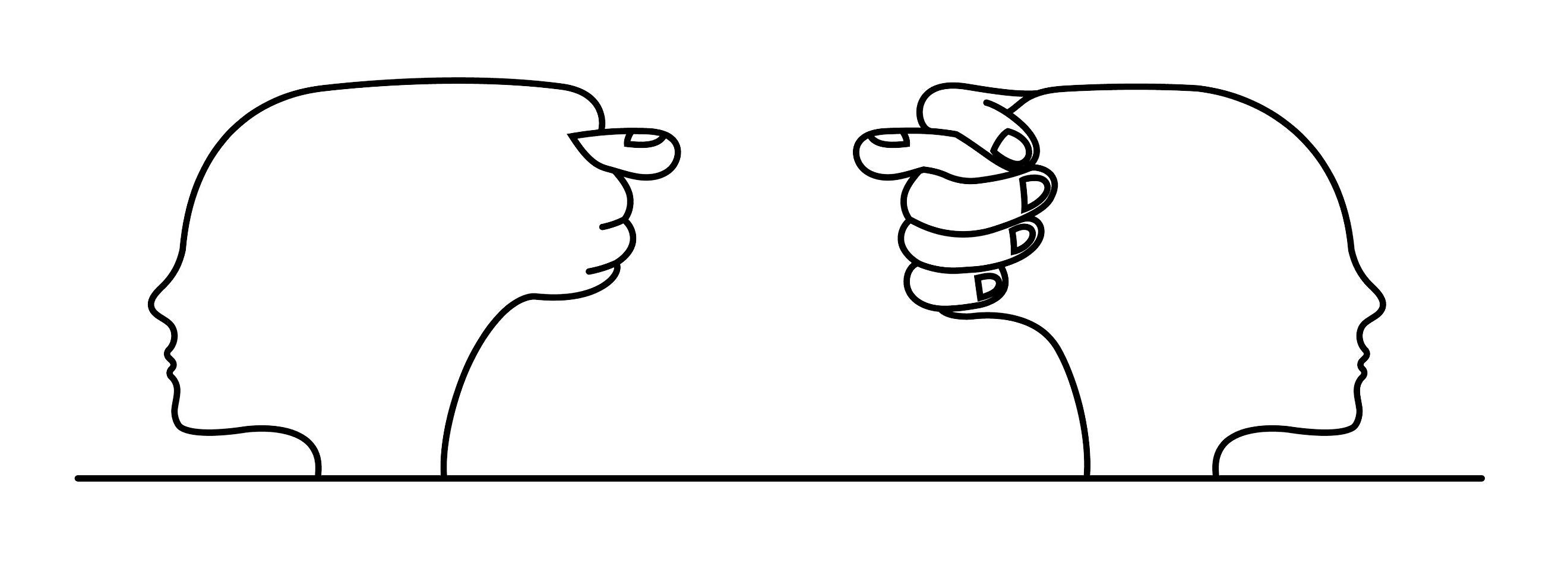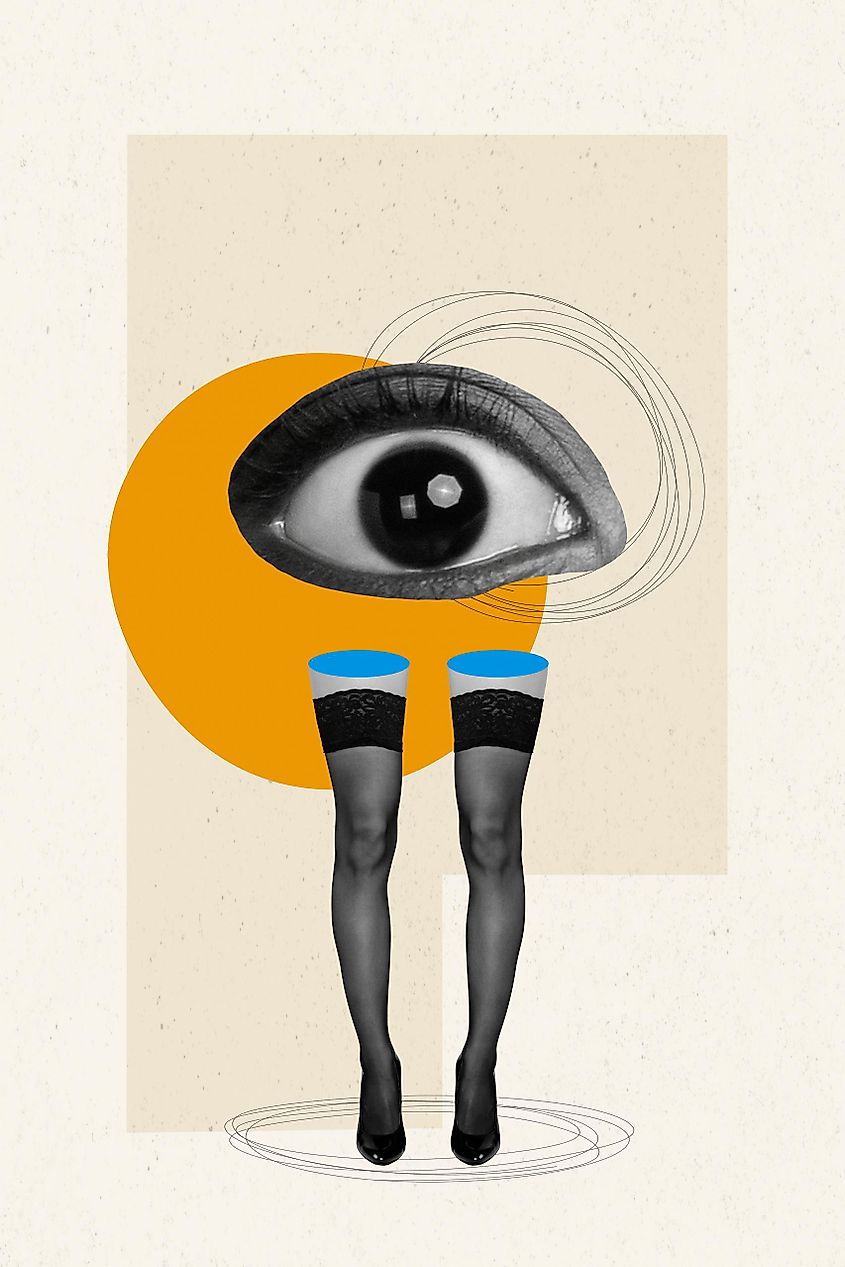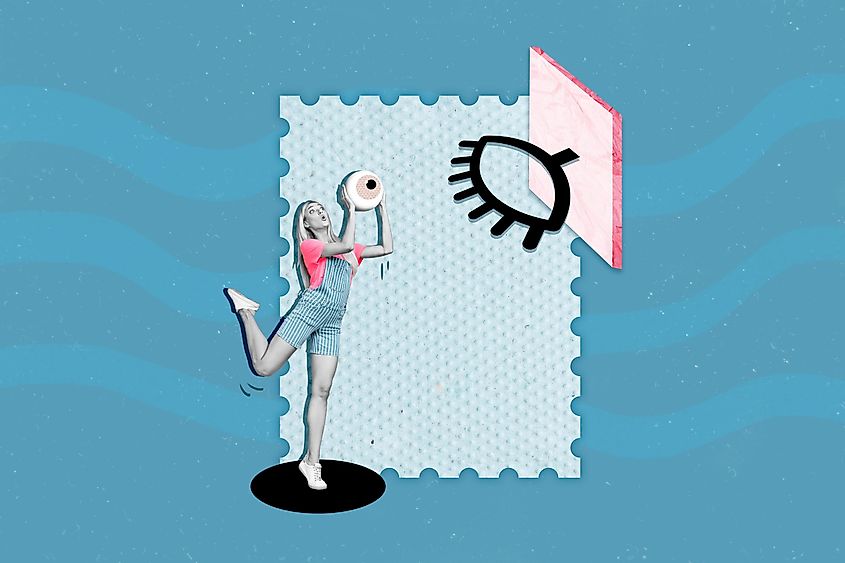
"Hell Is Other People," What Did Sartre Mean By That?
Were you ever sitting somewhere and noticed someone staring at you? You might have felt uncomfortable and changed your behavior at that moment, knowing that you are now being observed. Your discomfort in the situation relates to one of Sartre's most famous quotes, "Hell is Other People." This doesn't mean that other people are a nuisance. Instead, Sartre is talking about the human condition and what it is to be a person. This article will explore where this quote comes from and what it means.
Origins of the Phrase

The words "hell is other people" first appeared in Sartre's play No Exit. The play features three characters who wake up in a room together. This depicts the afterlife, and the characters' punishment is having to spend eternity together locked in the room. They are there to torment each other by judging each other and exploiting their insecurities. Some characters develop feelings for the others, but their affections are not reciprocated. Garcin, the protagonist, is in love with Inez, a stern woman who hates him. Inez, on the other hand, develops feelings for Estelle, a young, beautiful woman who is in love with Garcin. In this situation, they all suffer and are so distracted by the other's perception that they lose their freedom and sense of self.
How is this hell? In No Exit, the characters do not have to endure physical torture. It is the emotional and mental torture of relating to each other that causes them pain. As they try to maintain control of their own lives, they realize they cannot control others. The relationships they have with their roommates are contentious. While living with others is a source of joy, it can also be a source of suffering. We want to be free and autonomous, but the existence of other people and their perceptions will always bind us. This paradox leads Sartre to believe that "hell is other people."
The Uncertainty of Relationships

While our relationships with others might be Sartre's definition of hell, there is no denying that having relations with others is essential. Recognizing other people in their entirety is both terrifying and comforting. While the presence of others shows us we aren't alone, we cannot control what other people do. This opens us up to a certain level of uncertainty in our relationships with others. Having relationships with others, Sartre points out, is a means of opening ourselves up to disappointment and dejection. This is something the prisoners in No Exit regularly face.
To exemplify his point, Sartre uses the idea of "the look." Imagine how you would feel when staring at somebody and then how you would feel if you noticed them staring at you. In the first situation, while we observe the person and their actions, we cannot see what is happening in their mind. You will probably feel objectified in the second scenario, knowing someone is looking at you. The look someone is giving you is a communication from another person. While being with others can be a source of comfort, receiving "the look" can be alienating. Think of how your behavior might change when you realize somebody is staring at you when you thought you were alone.
Being and Nothingness

Another one of Sartre's works that gives insight into his beliefs about human relationships is Being and Nothingness. In this work, Sartre portrays relationships as a struggle for freedom. Sartre claims this struggle comes from objectifying others. People are either treating others or are being treated as objects. In both cases, the person objectified has their freedom undermined. While this is a negative view of human relationships, it is a part of Sartre's larger existential philosophy.
Understanding what Sartre means by "hell is other people," you might wonder why the answer to the problem of human relationships isn't just to ignore others. While indifference sounds like a solution, it is challenging for people to be wholly apathetic or live without others. Since we rely so much on other people, we cannot deny their existence. In one sense, Sartre viewed denying the existence of others as also denying the existence of the self. This means there is no escaping other people and the hell that comes with it.
A Note of Optimism

While Sartre's view of human nature and relationships is pessimistic, his philosophy has a hidden note of optimism. Humans are subject to this condition, but in this way, we are equal. This means that to have respect as a subject, we must all have the freedom to do so. A central idea of Sartre's existentialism is that we are all free. However, we sometimes deny our own freedom, which Sartre calls "bath faith." We can also never get a complete understanding of another human being since we can never get inside of their consciousness. Wanting to control or know completely what other people think about us is the source of some of our suffering in our relationships with others.
We cannot live without others, and if what Sartre says is true, we need to find a way to deal with this constant conflict. While we can't eliminate this problem, considering how we live with others allows us to progress. It also brings up other questions: Are we our own worst enemy? Can we escape objectification? These are questions that still exist today and are constantly revisited by philosophers time and time again.











